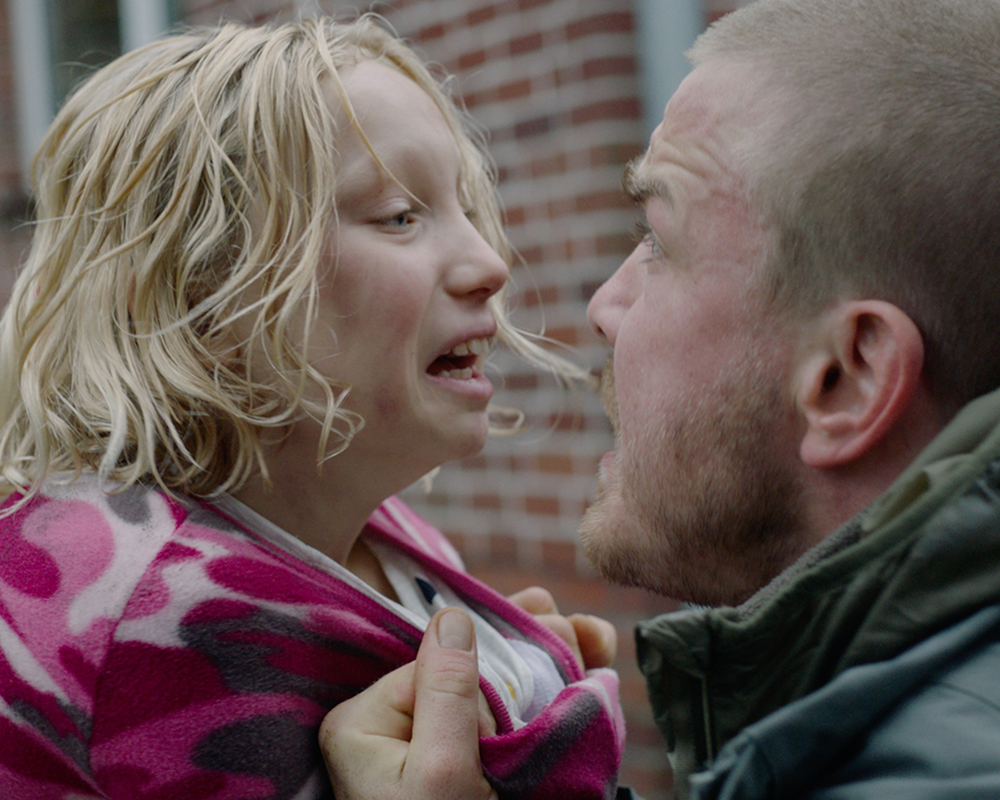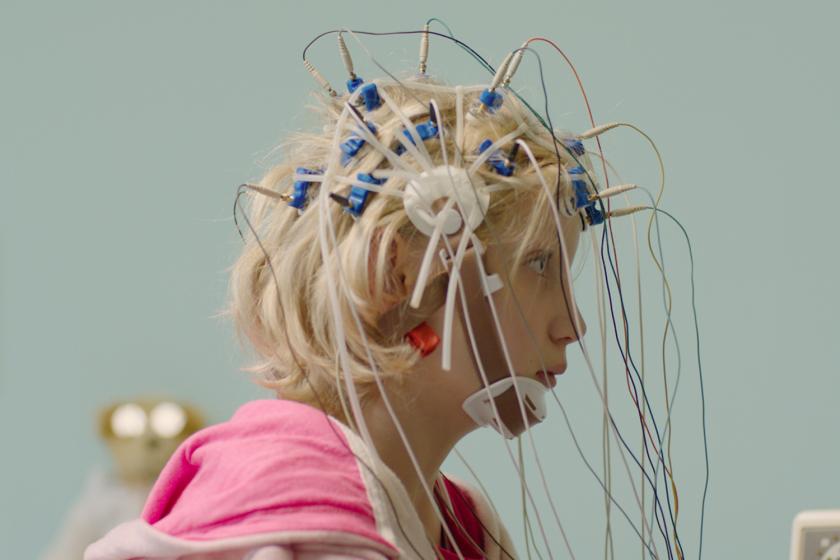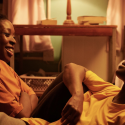Benni, the central character in German writer-director Nora Fingscheidt's haunting new film, has a life of tragedy and violence. She’s the product of a dysfunctional family and an abusive childhood that has left her rage-ridden and incapable of controlling her anger.
Playing Benni is talented newcomer Helena Zengel. Over the course of two hours she rages, weeps and wails across the screen in an utterly harrowing performance. Behind her waif-like appearance lies a fury that most people don’t achieve in a lifetime, much of which is conveyed through a chilling glare that warns of a torrent of violence about to break out.
The film’s title refers to anti-social children who can’t find a place in the welfare system. For most of her life Benni has been bounced around emergency facilities, hospitals and foster homes, living a life devoid of security. All that Benni wants is to go home, but her mother (Lisa Hagmeister) is too fragile and emotionally immature to handle her daughter’s difficulties.  Fingschied laces the film with frenzied montages that flicker with candy picks, blood reds and vague images of violence that provide an insight into Benni’s chaotic mind. The feel is brash and bold. The punk aesthetic conveys that, given the choice between fight or flight, Benni will always fight.
Fingschied laces the film with frenzied montages that flicker with candy picks, blood reds and vague images of violence that provide an insight into Benni’s chaotic mind. The feel is brash and bold. The punk aesthetic conveys that, given the choice between fight or flight, Benni will always fight.
It’s a heart-breaking watch and contains only the faintest glimmers of hope, chiefly Micha (Albrecht Schuch), the young man with the Sisyphean-task of curbing Benni’s temper. He’s had a troubled past of his own and offers to take Benni on holiday to his cabin in the woods (alarm bells need not be raised, his intentions are good), where she can achieve some sense of routine and stability. Her happiness is short-lived, and she’s tossed back into a system that has no idea how to help her.
Fingschied has rejected the typical ‘rebel child’ clichés and instead given us a film about a child starved of love and security, told with angst and honesty. While it repeats itself once too often at times, and has a frustrating conclusion, this film will leave you shaken, clinging to what little hope you can muster for a child like Benni.














Add comment